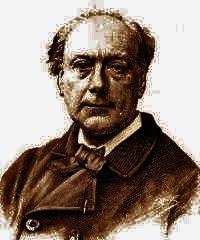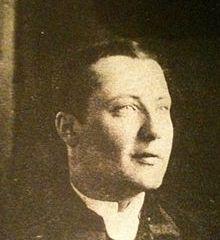
Nothing 'gainst Times scythe can make defence.
William Shakespeare, D. BARNSTORFF, T. J. GRAHAM (Translator.) (1862). “A Key to Shakespeare's Sonnets by D. Barnstorff. Translated from the German by T. J. Graham. [With the text.]”, p.36
Copy quote
Though Death be poor, it ends a mortal woe.
William Shakespeare (1767). “The Works of Shakespeare: Much ado about nothing. All's well that ends well. The life and death of King John. The life and death of King Richard II”, p.274
Copy quote
This is a gift that I have, simple, simple; a foolish extravagant spirit full of forms, figures, shapes, objects, ideas, apprehensions, motions, revolutions; these are begot in the ventricle of memory, nourished in the womb of pia mater, and delivered upon the mellowing of occasion.
William Shakespeare (2009). “Three Early Comedies: Love's Labor's Lost, The Two Gentlemen of Verona, The Merry Wives of Windsor”, p.86, Bantam Classics
Copy quote
A goodly portly man, i' faith, and a corpulent; of a cheerful look, a pleasing eye, and a most noble carriage; and, as I think, his age some fifty, or, by'r Lady, inclining to threescore; and now I remember me, his name is Falstaff.
William Shakespeare (2013). “Second Tetralogy In Plain and Simple English: Includes Richard II, Henry IV Parts 1 and 2, and Henry V”, p.308, BookCaps Study Guides
Copy quote
Do you take me for a sponge, my lord? hamlet: Ay, sir; that soaks up the king's countenance, his rewards, his authorities. But such officers do the king best service in the end: he keeps them, like an ape, in the corner of his jaw; first mouthed, to be last swallowed: when he needs what you have gleaned, it is but squeezing you, and, sponge, you shall be dry again. rosencrantz: I understand you not, my lord. hamlet: I am glad of it: a knavish speech sleeps in a foolish ear.
Copy quote
A table-full of welcome!
William Shakespeare, R.A. Foakes (1962). “Arden Shakespeare: The Comedy Of Errors: Second Series”, p.42, Cengage Learning EMEA
Copy quote







